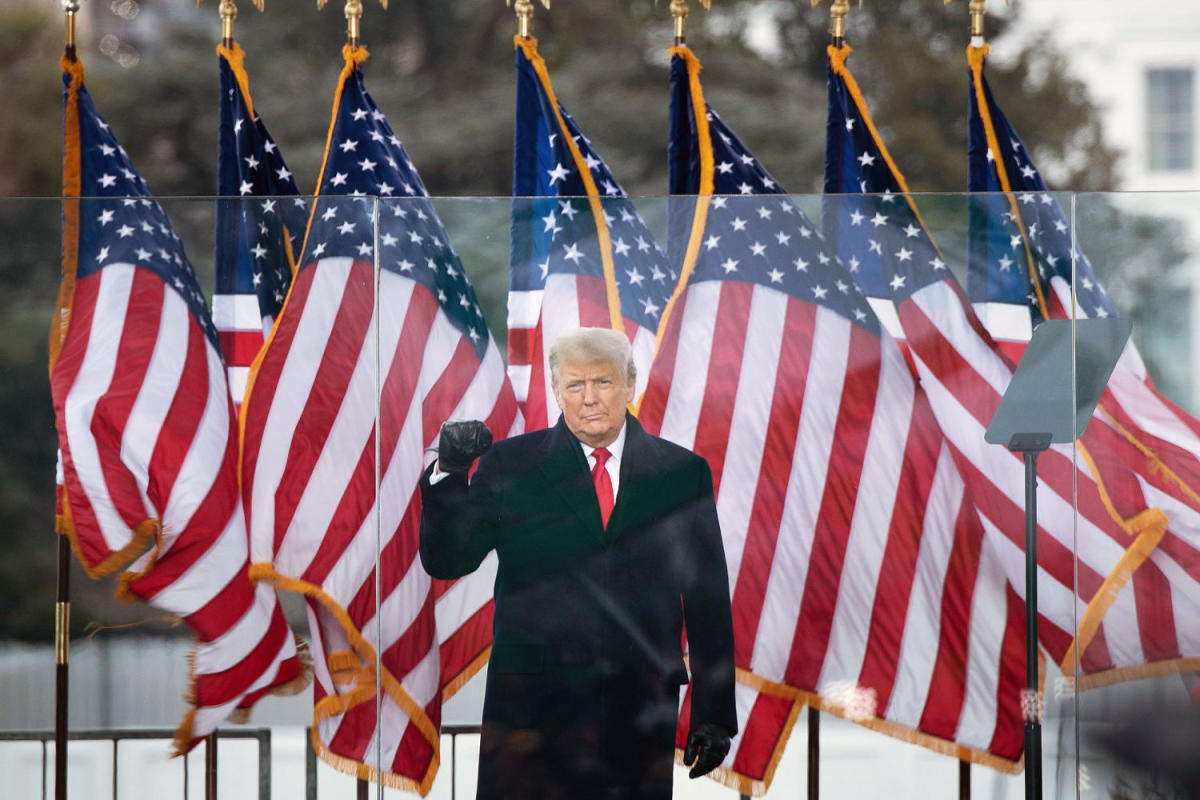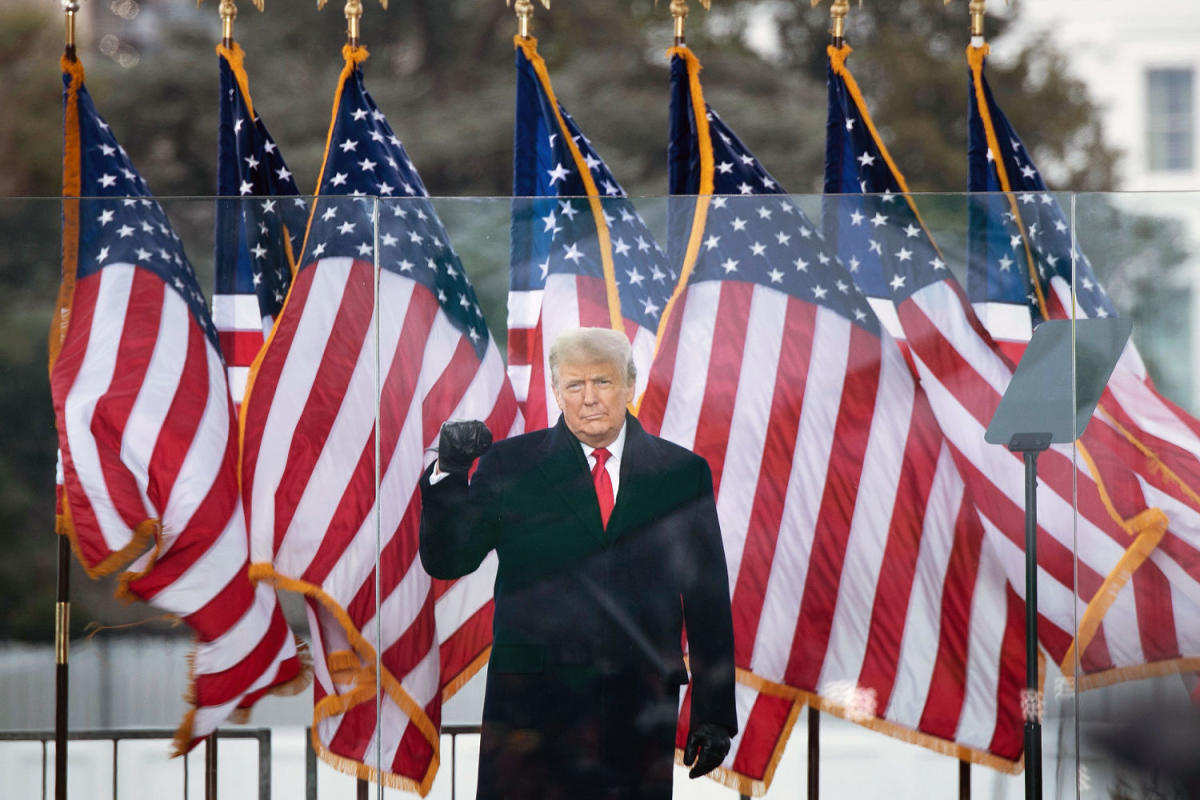
The Supreme Court on Monday finally ruled on Donald Trump’s presidential immunity claim, finding some of the former president’s alleged efforts to overturn the election are immune from criminal prosecution.
In the majority opinion by Chief Justice John Roberts, the court said former presidents are entitled to “absolute immunity” from criminal prosecution for actions within their conclusive and preclusive constitutional authority. Former presidents, Roberts wrote, are entitled to at least presumptive immunity from prosecution for all their official acts. There is no immunity for unofficial acts, the court said.
The court sent the case back to the trial court to determine whether Trump’s alleged conduct is official or unofficial, which will likely add further delay to the case, making it even more unlikely to go to trial before the November election.
In dissent for the three Democratic appointees, Justice Sonia Sotomayor wrote that the decision “reshapes the institution of the Presidency” and “makes a mockery of the principle, foundational to our Constitution and system of Government, that no man is above the law.”
The federal election interference case has been paused for months while the former president pressed his pretrial immunity bid. The case had been set to go to trial on March 4.
The Supreme Court prolonged the delay when it took up the appeal in February instead of letting a unanimous appellate ruling against Trump stand, which would have cleared the way for a timelier trial. And that was after the justices had rejected special counsel Jack Smith’s request for the court to resolve the immunity question at an earlier stage in December. The court further put a pre-election trial in doubt by setting the hearing for the very last argument day of the term, April 25, and then not ruling until now, at the very end of the term.
By contrast, the high court’s ruling ensuring Trump’s place on the presidential ballot in the 14th Amendment case from Colorado took less than a month from argument to decide. Cleared by the justices to potentially take office again in January, a victorious Trump would likely use his presidential power to dismiss this case as well as his other federal prosecution, in the classified documents case.
Justices Clarence Thomas and Samuel Alito participated in the appeal, despite the appearance of impropriety stemming from Thomas’ wife’s efforts to overturn the 2020 presidential election and Alito flying flags outside his homes that also were carried by Jan. 6 rioters. Alito blamed the flags on his wife and claimed they didn’t require his recusal, while Thomas hasn’t explained himself.
The specific question at issue in the appeal, as crafted by the court, was: “Whether and if so to what extent does a former President enjoy presidential immunity from criminal prosecution for conduct alleged to involve official acts during his tenure in office.” The April hearing revealed different views about that among the justices, with Republican appointees like Alito posing questions favorable to Trump. The hearing raised the prospect that, whatever the precise contours of the ruling, it could require even further litigation about how to implement it in Trump’s case before a trial can occur.
Monday’s ruling follows Friday’s decision in Fischer v. United States, where the court narrowed the scope of obstruction charges against Jan. 6 defendants. Obstruction is one of the charges Trump faces in the federal election interference case, so his lawyers may try to use the Fischer decision to narrow the case against him. Whether they can successfully do so may turn on further litigation when the case goes back to the trial court.
This is a developing story. Please check back for updates.
Subscribe to the Deadline: Legal Newsletter for updates and expert analysis on the top legal stories. The newsletter will return to its regular weekly schedule when the Supreme Court’s next term kicks off in October.
This article was originally published on MSNBC.com
EMEA Tribune is not involved in this news article, it is taken from our partners and or from the News Agencies. Copyright and Credit go to the News Agencies, email news@emeatribune.com Follow our WhatsApp verified Channel





